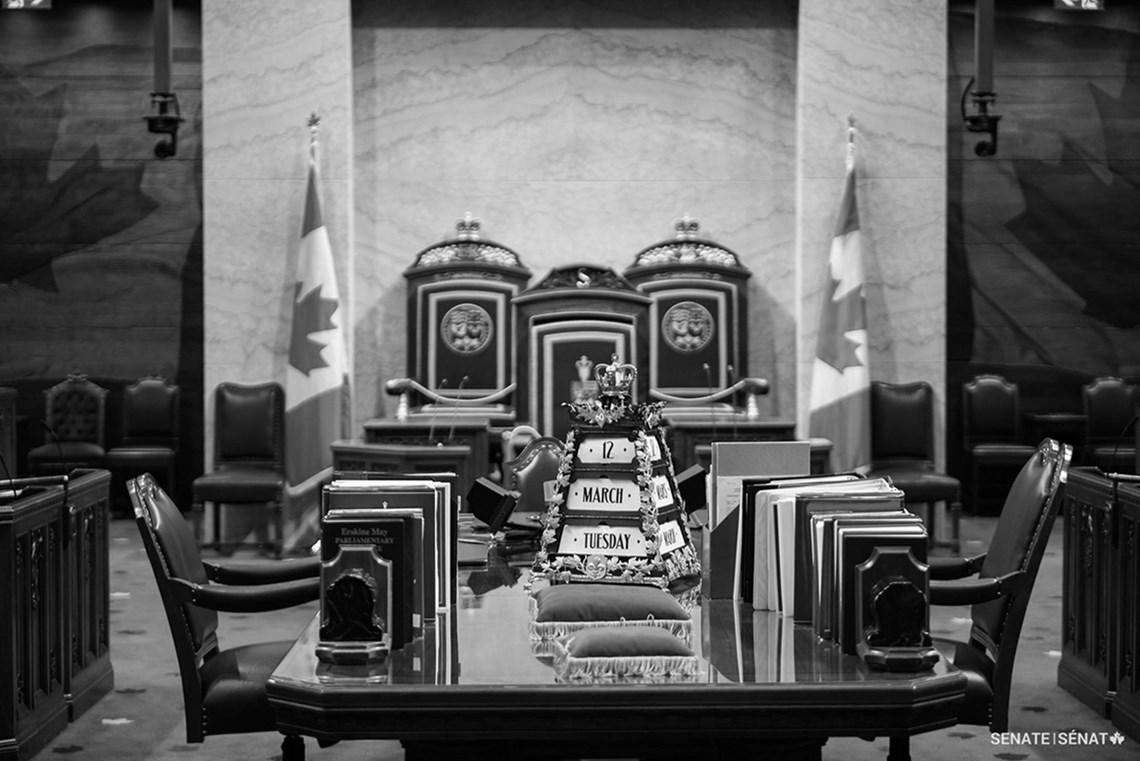As provided by the Constitution Act, 1867 and the Parliament of Canada Act, the general and public law of Canada includes parliamentary privilege, which consists of the privileges, immunities and powers held, enjoyed and exercised by the Senate, senators and the Senate Ethics Officer. Parliamentary privilege is one of the safeguards of the constitutional separation of powers.
One of these privileges is that the Senate regulates the conduct of its members. The Senate has adopted the Ethics and Conflict of Interest Code for Senators.
The Code was adopted by the Senate on June 16, 2014 for three purposes:
- to maintain and enhance public confidence and trust in the integrity of senators and the Senate;
- to provide for greater certainty and guidance for senators when dealing with issues that may present foreseeable real or apparent conflicts of interest; and
- to establish clear standards and a transparent system by which questions relating to proper conduct may be addressed by an independent, non-partisan adviser.

